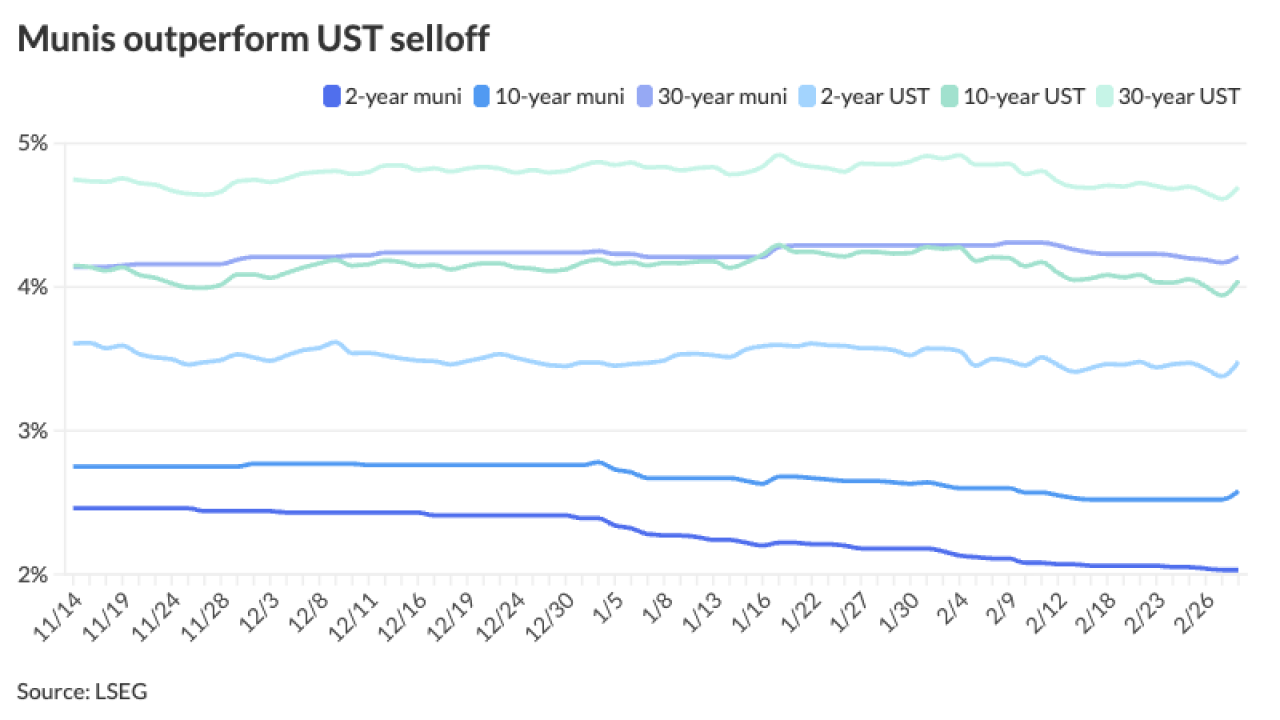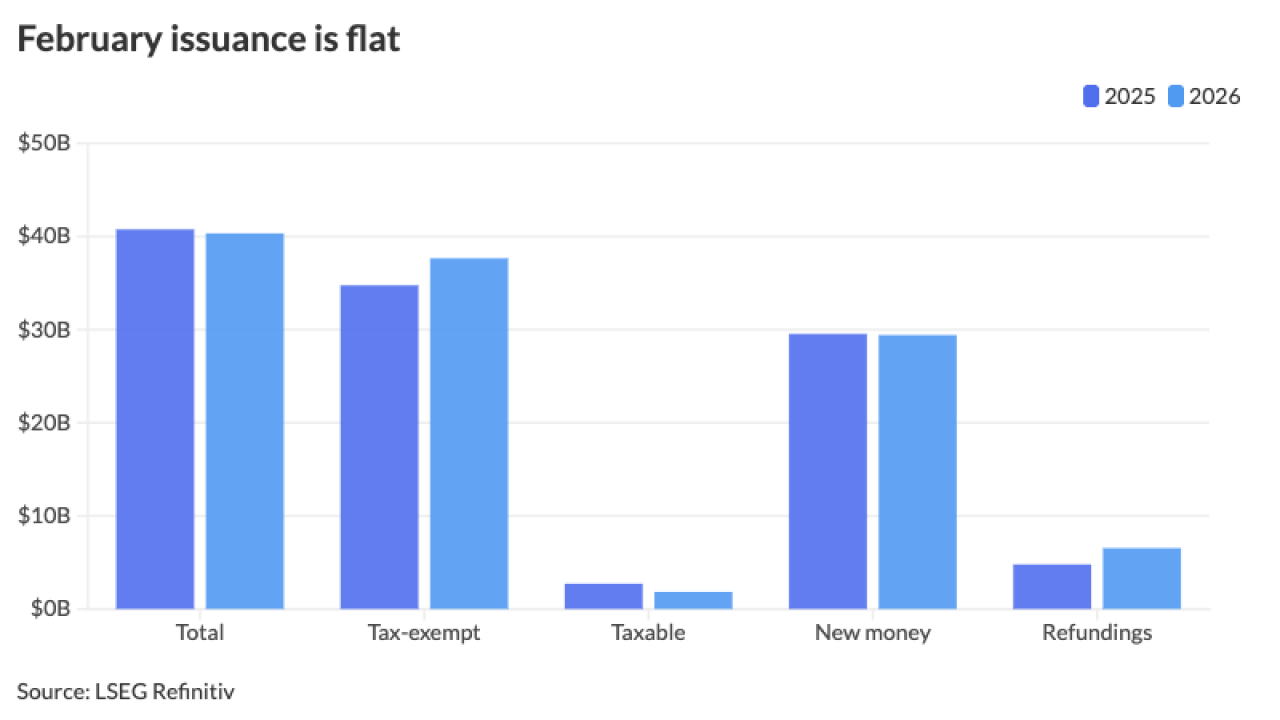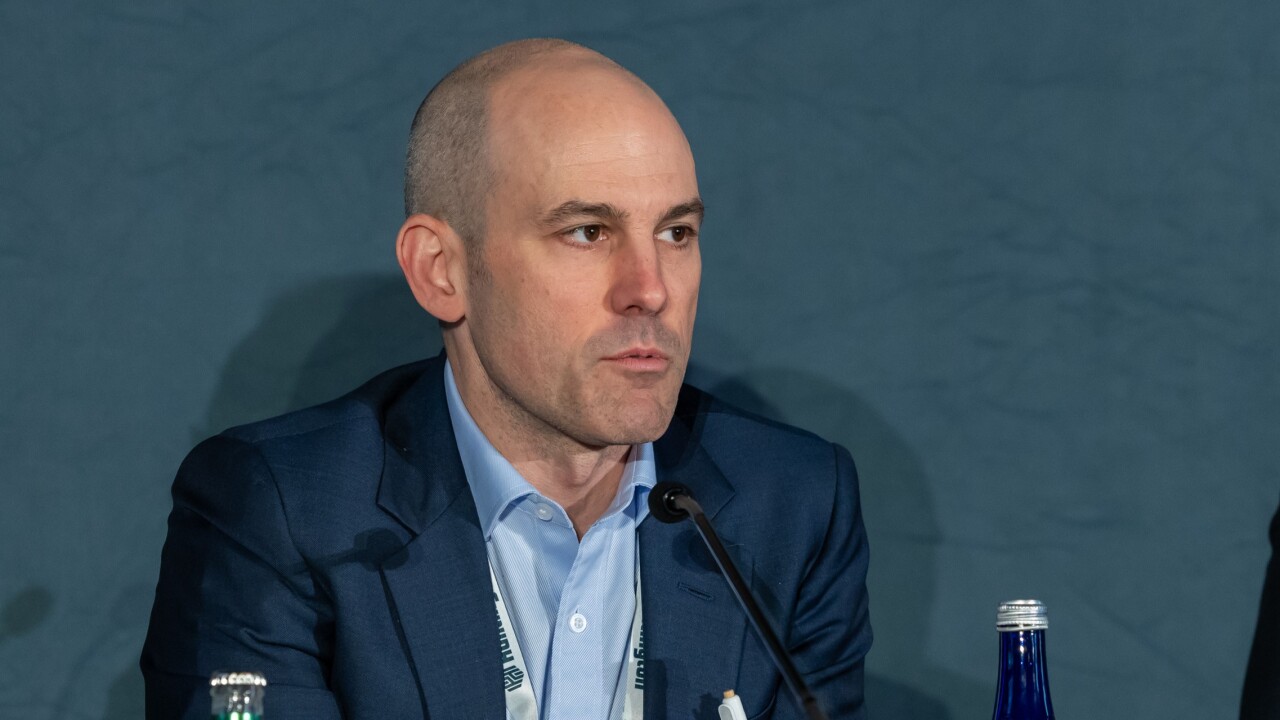LOS ANGELES — San Diego Mayor Jerry Sanders talked about his approach to pension reform during a speech Monday at the National Press Club in Washington D.C., saying his reform plan could save the city up to $1.2 billion in costs over the next 30 years.
“We have fundamentally rethought what pensions should look like,” Sanders said. “We asked why we should have different retirement systems than the private sector.”
Sanders helped organize a signature drive to qualify an initiative for the city’s June ballot that would end guaranteed pensions for all new city hires, excluding police officers, replacing them with a 401(k)-style plan.
Sanders and other supporters of the initiative gathered signatures as “private citizens” to avoid a requirement that public officials have to meet with unions before placing pension-related issues on the ballot, he said.
“The reason I did it as a private citizen was because if the council put it on the agenda, it would have been contested immediately by the unions,” Sanders said. “If we do it as a signature gathering, and I did it as a private citizen, we can put it on the ballot and negotiate afterwards.”
The mayor took office in 2005 following a special election to replace the former mayor, Dick Murphy, who was disgraced by a pension-underfunding scheme that resulted in a Securities and Exchange Commission investigation of the city’s bond disclosures.
An SEC sanction, suspension of the city’s credit ratings and five years without access to public bond markets came as a result of the investigation.
Sanders has already taken on city pensions.
In 2006, he backed a voter-approved initiative requiring any increase in pension benefits be approved by voters. Through the initiative, employees hired after July 1, 2009, are put into a separate pension plan in which they contribute more toward their retirement savings and bear more investment risk similar to private-sector 401(k) plans.
When cities first came up with what Sanders termed “these gold-plated retirement and retiree health benefit plans,” city employees made a lot less than private-sector workers.
The system was designed so cities could attract employees, Sanders said, but today city employees make more than comparable private-sector workers.
San Diego has been on an austerity program during Sander’s tenure that included more than pension reforms and will likely continue through the end of his term in 10 months, the mayor said.
But the city is in a much better place, according to Jay Goldstone, the city’s chief operating officer, during an interview from his San Diego office.
Officials just released the city’s fiscal 2011 financial statements, which anticipate a $12.2 million deficit on a $3 billion budget, but Goldstone said they hope to fill that gap.
The current five-year plan anticipates declining deficits through 2014 and a budget surplus in 2015, he said.
“Prior to 2006, the city was living year to year,” Goldstone said. “They would solve that year’s problems no matter what means it took. Now, we have a financial outlook, so that after we balance this year’s budget, we will be in the black.”
Sanders also discussed an infrastructure plan to repair crumbling roads and sidewalks by issuing $500 million of lease revenue bonds over the next five years.
The city also has plans to issue $520 million of bonds in 2014 to construct a new convention center, but the bulk of those bonds would be backed by taxes levied on the city’s hotels.
“We put together a five-year financial outlook,” Goldstone said. “In that outlook, we built in the projected debt service. We feel from an affordability standpoint, we can do that — and we can also do the convention center bonds.”





